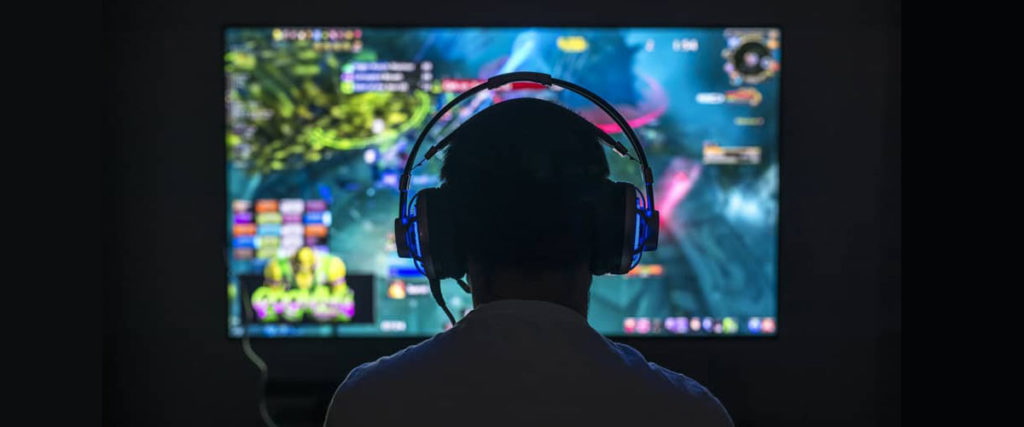Tech entrepreneurs Yat Siu, Mik Naayen, and Sebastian Borget weighed in how blockchain intersects with the future of gaming – and the groundbreaking opportunities that exist therein – from virtual property rights to in-game concerts.
It seems like blockchain (the digital record-keeping technology behind Bitcoin) is on everyone’s lips these days. From pharmaceuticals to jewellery, blockchain has brought nothing short of a revolution to every industry it touches, with its latest focus – the online gaming industry – expected to be no different.
In a fascinating panel at StartmeupHK Festival last week, industry leaders Mik Naayen (Co-founder of Dapper Labs and creator of Cryptokitties), Sebastian Borget (Co-founder of The Sandbox and President of Blockchain Game Alliance), and Yat Siu (Co-founder of Amioca Brands and mastermind behind Hong Kong’s first Internet service provider in the early ‘90s) came together online to discuss the future of gaming. There, they took a deep dive into the lucrative world of virtual assets and explored how, thanks to blockchain, the USD 150-billion-dollar gaming industry is poised to become a trillion-dollar industry. Read on to discover the 5 ways blockchain is redefining the gaming industry.
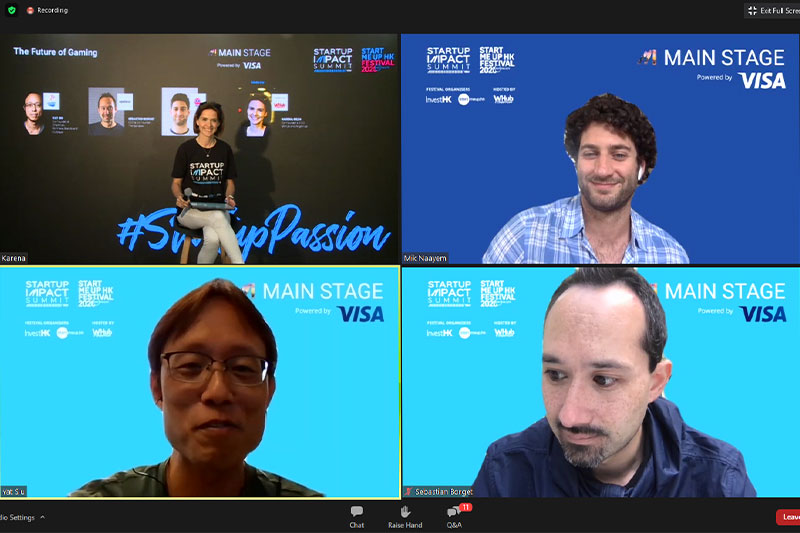
Blockchain grants players the ability to earn hard cash
For Yat, one of the most disruptive ways in which blockchain will reshape gaming is by “delivering true and lasting property rights to gamers”. Today’s online gaming industry is largely built on a free-to-play model, which means that developers do not charge players to join their game. Instead, they generate revenue by coaxing players to shell out for ‘virtual assets’ in order to unlock more content. Virtual assets are non-physical items that can either be purchased using the game’s virtual currency or with real money to enhance a player’s gaming performance/overall experience. A display of individuality and status, these range from weapons and cars, to loot boxes and ‘skins’ – a purely cosmetic item that has no effect on gameplay.
However, Yat points out that players do not technically own the assets they invest time and money into. “Virtual goods are really just services inside games, but those services are a USD 60 to 100-billion-dollar market today – except it’s futile because the benefits only accrue to very few. The players themselves don’t actually own anything, and that seemed okay because it was treated as ‘content’. Normally, if you want to buy a piece of real-estate, governments offer you a contract right, but in terms of virtual real-estate, you have to trust an organisation that profits from it to maintain your ownership. Not going to happen.”
At the end of the day, players are merely paying for pixels to appear on their screen under the terms of service dictated by its developer (e.g. ‘You are not allowed to use the asset outside of the game it is provided in’). In the event of a server malfunction, cancelled game or centralised decision, a player can lose everything.
By contrast, blockchain-based games like Second Life and EVE Online flip the script, transferring ownership of hard-earned virtual assets to the players instead through smart contracts. Here, each asset is represented by a unique, non-fungible token (NFT) that is linked to their game wallets on a decentralised ledger, to monetise in any way they see fit. This not only protects players from the whims of developers, but also encourages user-generated content and innovation – a win-win for developers and players alike.
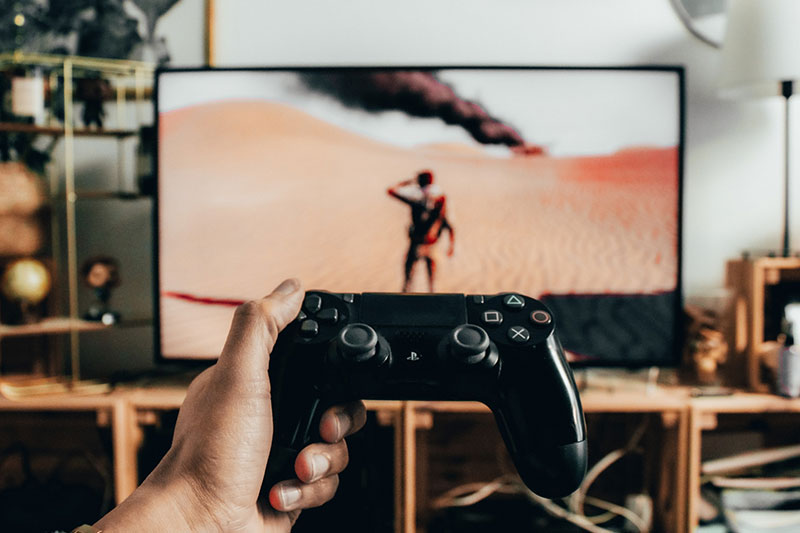
Blockchain capitalises on “digital scarcity” to expand economic opportunity
With digital ownership comes the ability to project tangible value on intangible assets. blockchain lays the foundation for an open economy where anyone can build, sell, or trade virtual items on a peer-to-peer basis (including outside the gaming environment), unlocking players’ earning power to the point where many can even make a living out of it! In short, players are no longer passive consumers of content but stakeholders in their own right.
Those who doubt whether blockchain gaming is lucrative need only look at games like Mik’s CryptoKitties and Sebastian’s The Sandbox. Since its launch in 2017, players have spent over USD 6 million buying, collecting, breeding, and selling Pokemon-like virtual cats – each of which is unique and tagged to a type of non-fungible token called ERC-721. “I think the most expensive cat was in the USD 175,000 range,” Mik confirmed. “So, for us, it really proved this idea of ‘digital scarcity’, and the creation of value for an asset that didn’t have value before.” For pixelated 2D world-building game, The Sandbox, Sebastian disclosed that players had already purchased over USD 1 million-worth of digital land, with the latest pre-sales selling out within minutes.
Moreover, blockchain paves the way for an entirely new kind of industry based on ‘immaterial labor’, such as gold farming in World of Warcraft or Voxel architecture in The Sandbox. Hong Kong-based esports firm, Cyber Games Arena (CGA) has even started hiring gamers to create branded islands on Animal Crossing, boasting a starting salary of HKD 13,000 (approximately USD 1,677).
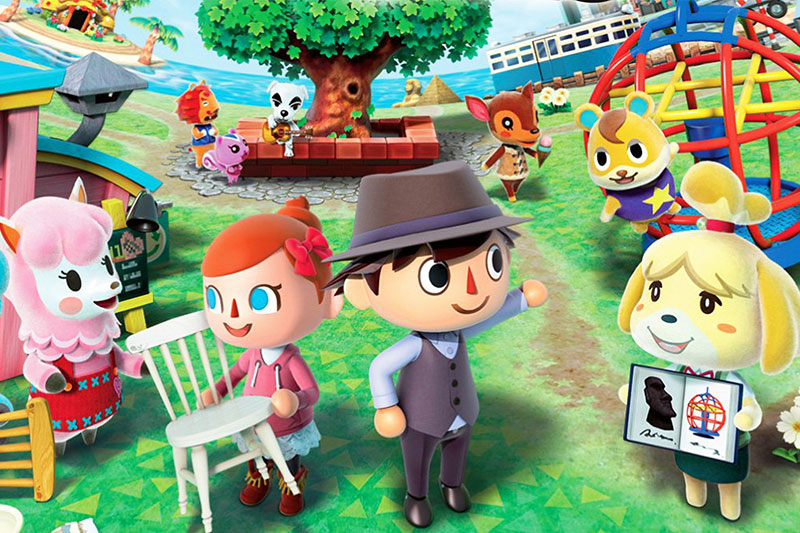
Players will have more power over the gaming industry
Early on in the discussion, Mik predicted that blockchain would empower players and fundamentally change the power dynamics in games which, until now, has been riddled with monopolies. “I think in the next five to ten years, we’re going to see a revolution where players are going to demand more rights and freedom in the virtual worlds they live in,” he said.
“If you look at how the Internet is constructed today, everything sits on game companies’ services. This means that they are in the position of a dictator and can change the rules of the game at any time to gain profit. Now, that’s not because it’s what game developers want necessarily, but because the Internet is architected to only allow for this kind of relationship. What blockchain allows is self-sovereignty, because all the data lives across users’ computers, so the key is within their accounts.”
On the democratising effects of smart contracts, Mik adds: “Smart contracts enable the developer to make an immutable, non-changeable set of promises to the user; that the user can trust in and potentially cast votes through. So, we can really start to see these virtual worlds that are currently dictatorships move towards democracies.” This, in turn, will spill over into the real world. “Something my co-founder Roham [Gharegozlou] said that always stuck with me was, ‘If my little cat game is giving me more rights than my bank, then I’m going to start demanding them from all the other businesses I interact with’.”
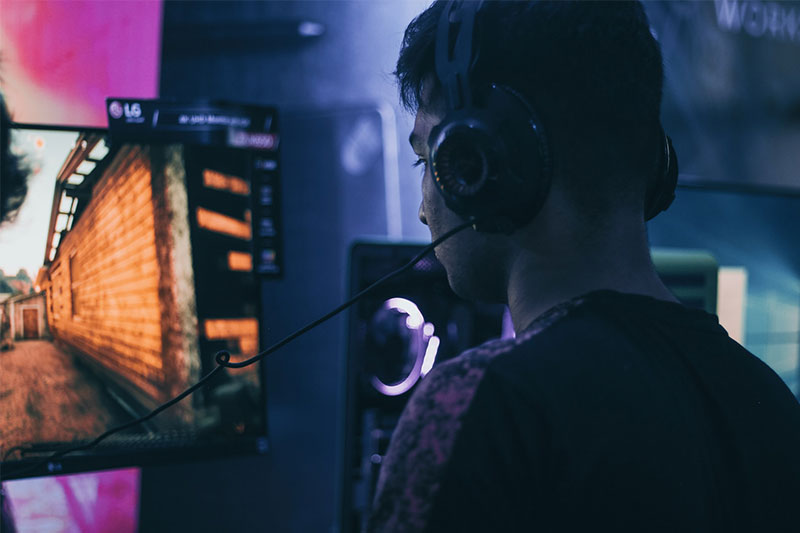
An ecosystem with greater transparency and accountability
In order for players to want to level-up or spend real money on virtual assets, the gaming marketplace must feel safe. However, with no system of accountability in place, fraud (e.g. account takeover and the sale of fake goods) continues to be rife, creating a vicious cycle of opportunism and distrust.
Touted as the ‘trust machine’, blockchain has brought “unprecedented transparency” to the gaming industry by providing an open, immutable ledger for recording sales. “In the past, if you wanted to trade skins or accounts, it had to happen on eBay where people could easily get scammed,” Mik recalled. “Thanks to blockchain and smart contracts, you can now have trustless transactions where strangers on the Internet trade autonomously and atomically without having to go through a third party.”
The fact that all dealings are time-stamped and traceable makes it nearly impossible to hide illegal activity. Players can also be assured that what they are paying for is authentic. “A Picasso isn’t worth much without the certification that comes with it, and what’s really exciting about blockchain is that it’s auto-certified,” Yat said. “In the context of virtual assets, this means that provenance is not just permanent but can be altered with instant certification. Every action thereafter – who owned it, what happened to it, whether Taylor Swift used to play with it – can be auto-certified.”
More virtual social gatherings, especially with COVID-19
With gaming usage in the US up by 75% since coronavirus lockdown restrictions began in March, and concurrent users on Steam hitting an all-time high (over 20 million players online at once), the panel agreed that a behavioural change is underway. More than ever before, social experiences formerly enjoyed off-game are being sought out and recreated in the virtual realm. Travis Scott’s performance in Fortnite, one of the most popular video games on earth, is one such example. Just shy of 10-minutes long, his ‘virtual concert’ saw more than 12.3 million players interacting live and over 3 million viewers on streams.
“[Due to COVID-19], our primary need for community and social connection is not being fulfilled anymore”, Sebastian explained of the trend, “so people looking for entertainment activities have reverted to virtual worlds as a way to engage more socially with their peers, schoolmates, colleagues, etc. There might have been some friction before about going online to form social bonds, but now I think it’ll become the new norm.”
Related Articles
Gaming Company Razer’s CEO on FinTech for Gamers in SEA
Global Gaming Revenues Projected to Hit USD 159.3B in 2020
E-Sports Platform Introduces Crypto Cash To Competitive Gaming
